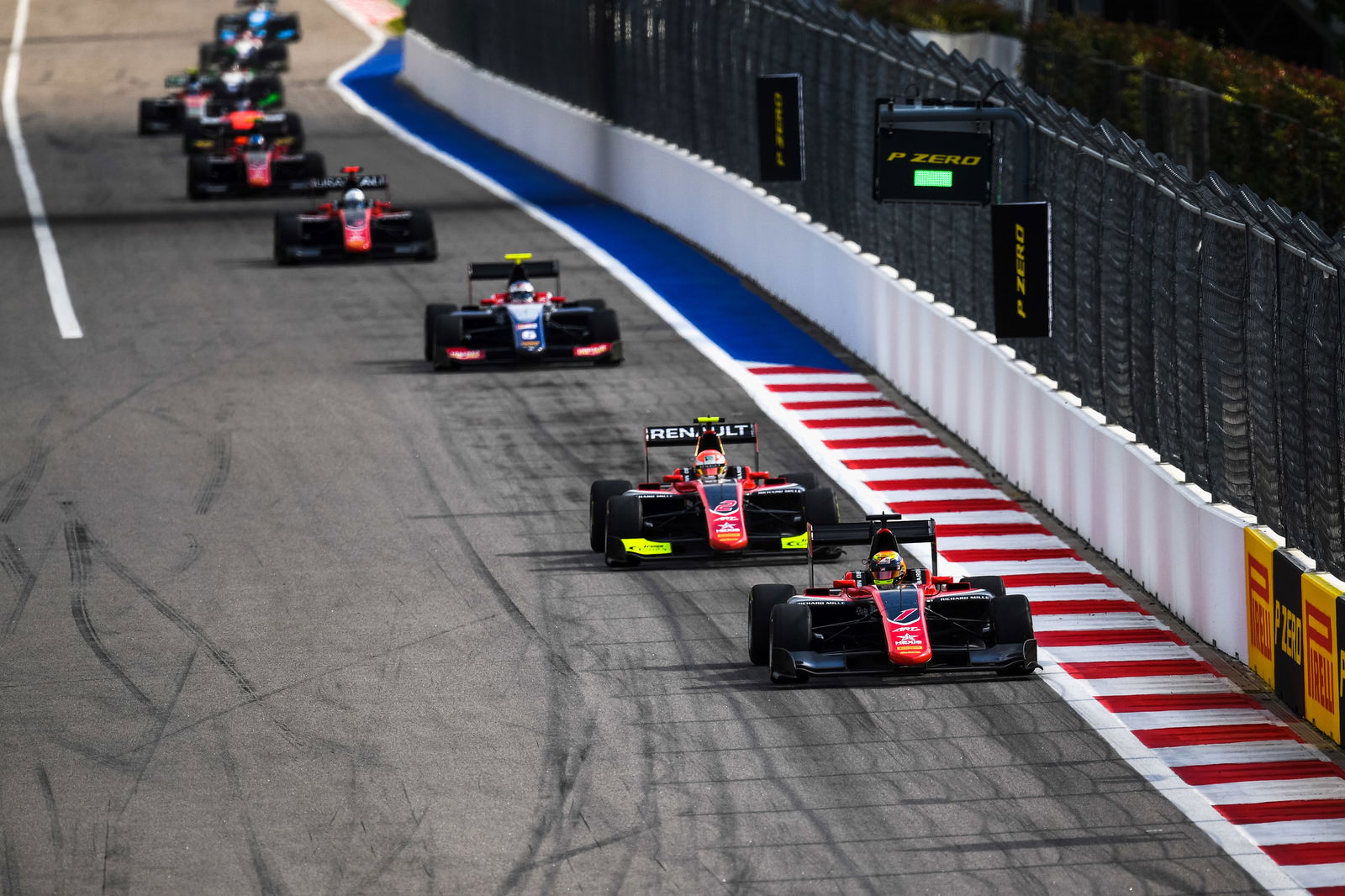Why 'W Series' is not the answer to helping women reach F1
Ah, the W Series. Or, as it has become known in the F1 paddock, the chick championship…
The much-celebrated launch of a racing series aimed at getting women into the top tiers of single-seater motorsport is a difficult one. On the one hand, any efforts aimed at broadening access to motorsport should be celebrated - funding and opportunity aren’t easy to come by, and every little helps.
On the other hand, however, segregation is not and has never been a good thing.

Ah, the W Series. Or, as it has become known in the F1 paddock, the chick championship…
The much-celebrated launch of a racing series aimed at getting women into the top tiers of single-seater motorsport is a difficult one. On the one hand, any efforts aimed at broadening access to motorsport should be celebrated - funding and opportunity aren’t easy to come by, and every little helps.
On the other hand, however, segregation is not and has never been a good thing.
What makes motor-racing stand out among sports is the fact that men and women can compete on an equal playing field. Both genders come with their own advantages and disadvantages, but in a sport where the equipment also plays a starring role, the physical differences between the sexes become less important.
Women have competed alongside men since before motor-racing took place on circuits. Early motorsport history is littered with successful women, from the well-known (Helle Nice being but one example) to the commendable but largely forgotten, such as Kay Petre, Mildred Bruce, or Violet Cordery.
In the early part of the 20th century, cars did not come equipped with power steering. (Shocking, I know.) But back in the days when it did take a bit of brute strength to power a Bentley Blower around Brooklands, women were competing alongside men, setting the occasional lap record, and suffering the same injuries and comas as their male counterparts when a balls-to-the-wall effort went slightly wrong.
Many of these girl-racers were racing cars in an era when they lacked the right to vote, and in which women were still considered chattel.
In the modern era - when the majority of women have the right to live, study, work, and vote as they choose - we have come to accept the untruth that women aren’t able to compete in Formula 1. We are told that the G-forces are too strong (not true, just research female astronauts and fighter pilots and their greater success in G-force training); that we lack the killer instinct; that we are, for a multitude of reasons, incapable.
But history has already demonstrated otherwise. Before the Second World War changed the face of Europe - and the role of a woman in the home and in the modern economy - women were a common sight in grand prix racing. Some were bored and rich, making up the numbers while enjoying ‘jolly japes’. But others were professional drivers, with factory contracts and a collection of podium silverware to their names. Some women racers rocked it, some sucked - just like the men they raced against.
Where the W Series has got the concept right is in the creation of a new opportunity for under-funded racing talent to get professional (and financial) support on their way through the ranks. The wider world of motorsport needs as many initiatives as possible to ensure that we continue to have a skilled pool of potential talent going forwards.
But to segregate men and women implies that the two genders cannot compete equally against each other.
Lest you think that this opinion piece (yes, opinion!) is little more than a woman blowing off steam in the post-#MeToo era, consider this: how would you react if the W Series were an all-Jewish championship, or an exclusively black or Asian or Latin series?
Affirmative action is a tricky one to get right. Empowering people by boosting their opportunities is a good thing, but it’s a fine balance. Talent needs to have the chance to rise to the top irrespective of any individual defining characteristics or circumstances, but the risk is introducing a quota system under which true talent is held back because of the ‘wrong’ chromosome, skin colour, or background.
Had the W Series launched itself as a new opportunity for anyone interested in a career in motorsport, its arrival would have been celebrated unreservedly. As things stand, however, in two short weeks the championship has already become a punchline to a joke nobody wanted to hear.
Ah, the W Series. Soon to be christened the ‘What the hell were they thinking’ Series.

